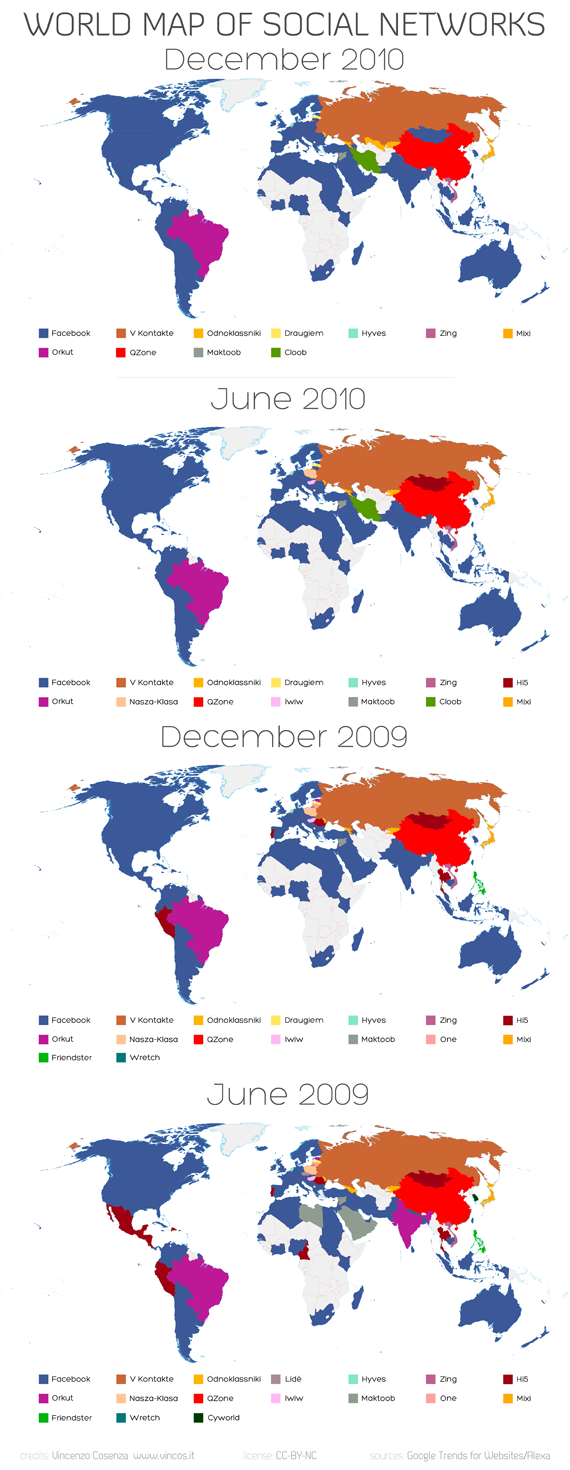After 16 years of relative quiescence, Central Asia is about to become a major field of competition between the Russians and the Chinese.
Over the weekend, the Chinese government sealed a series of energy deals with the governments of Kazakhstan and Turkmenistan. Airy promises of cooperation on the windswept Asian steppe are about as common as cold winters, but these deals are different. China's offers are monumental in scope, strategic in nature and backed up by cold, hard cash.
The two most critical projects involve the final phase of an oil pipeline to link China to Kazakhstan's sector of the Caspian Sea. Once the line is completed, China will be able to tap multiple oil-producing regions throughout Kazakhstan, and ultimately ship 1.0 million barrels per day into western China. The 2,000-mile project is already two-thirds complete -- and over the weekend, Beijing bellied up to finance the final leg.
The second project would link Turkmenistan to China via a natural gas line. This project has been under discussion for some time, but the Chinese have always been coy in public about the deal's prospects. Now their interest is public and firm. Beijing also has explicitly said it wants the line to transit Uzbekistan, which would link Tashkent's energy and political desires into China's policy.
Taken together, the two projects mark a sea change in the geopolitics of the region. For the past several years, Central Asia has witnessed incessant maneuvering between Russia -- the region's most recent colonial power -- and the United States, which seeks to harness the region's energy potential to Western purposes -- in addition to staking out strategic outposts between Russia, China and the Middle East.
This is a fight that the Russians have more or less won. The region's autocratic governments' one-time friendliness to Washington disintegrated after the United States backed the Orange Revolution in Ukraine. (They feared they were next -- and one, Kyrgyzstan, actually was.) Add in that distance prevented the United States from coming to anyone's aid and that all meaningful pre-existing infrastructure from the Soviet period led north to Russia, and Central Asia quickly fell into lockdown.
That is, it would have if not for China. Moscow considers the presence of Central Asia in Russia's tight geopolitical orbit as the one bright spot on its list of ongoing geopolitical realities. As such, Moscow has focused the bulk of its military and economic efforts elsewhere. In contrast, China knows full well that it is working from an institutional, linguistic and infrastructure deficit -- and so has been spending billions to improve its chances.
The reason for the attention is simple. China is forced to import the majority of its energy from abroad. China fears many things, but few frighten it more than the possibility of having its maritime supply routes cut off by hostile powers. China lacks -- and will continue to lack for at least a generation -- the navy to protect its maritime interests and so its only option is to go inland. And that means Central Asia.
This means that, barring a bilateral divide-and-conquer plan in which the two share what they both exclusively need, a Chinese clash with the Russians has moved from the realm of the possible to the inevitable. Russian state natural gas firm Gazprom is currently the sole significant purchaser of Central Asian natural gas exports.
China's plans do not foresee exploiting many fresh sources of natural gas in the region, but simply diverting output from routes Russian to routes Chinese. This development, which could be in place as soon as 2009, would greatly interfere with Russia's strategic policies in a very real, sudden and broad sense.
Given Gazprom's technical limitations, without Central Asian natural gas, Gazprom can meet its export requirements for Europe or it can meet domestic demand -- not both. And considering that cheap energy acts as a panacea for social disruption at home and is a critical arm of strategic policy abroad, the Chinese decision to grab the ring will muck with Russian geostrategy in Europe, Central Asia and even at home.
The game is on.














No comments:
Post a Comment